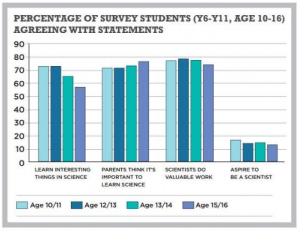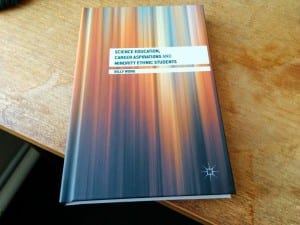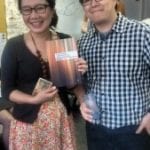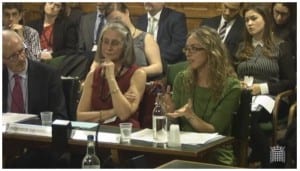ASPIRES 2 in the Skills, Employment and Health Journal
By IOE Blog Editor, on 6 December 2016

Following a presentation by ASPIRES 2 Director Professor Louise Archer at Learning and Work’s Youth Employment Convention 2016 on 5th December, we wrote an article for the Skills, Employment and Health Journal.
The piece sets out our project findings in the context of social mobility, and how science has the potential to a powerful tool in promoting active citizenship. The key findings detailed are:
1. Lack of interest in science is not the problem
2. Careers provision is not reaching all students
3. Science Capital is key
4. Science is seen as only ‘for the brainy’ and ‘a man’s job’
Our recommendation is to change the system, not the students; we call for a review of both the stratification of science at KS4 and the longer-term desirability of A levels.
The full article can be found on the Skills, Employment and Health Journal’s website here .
 Close
Close







